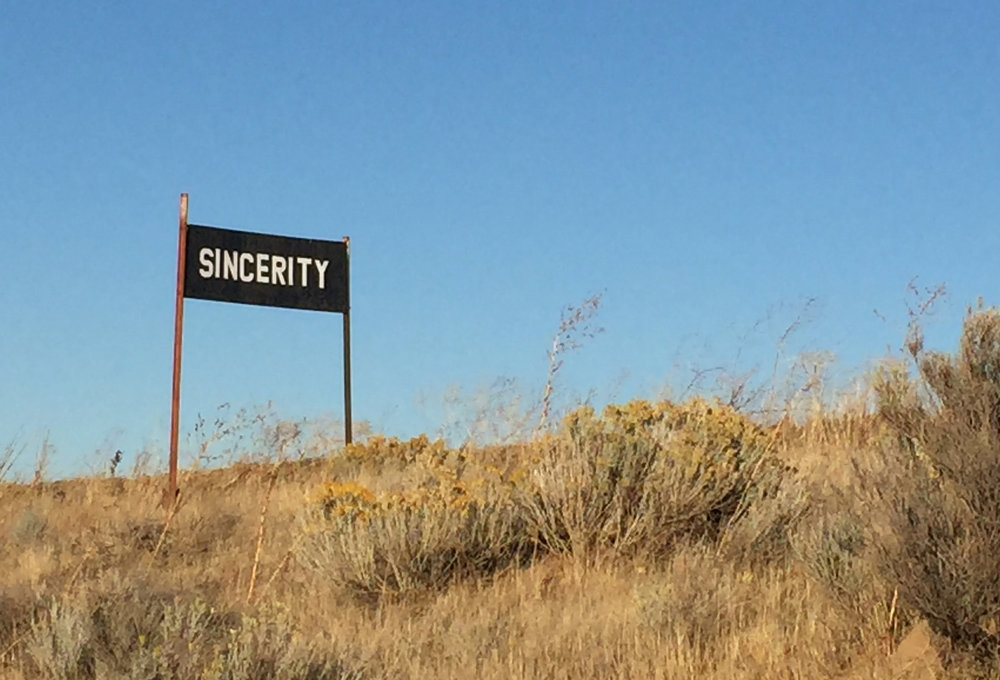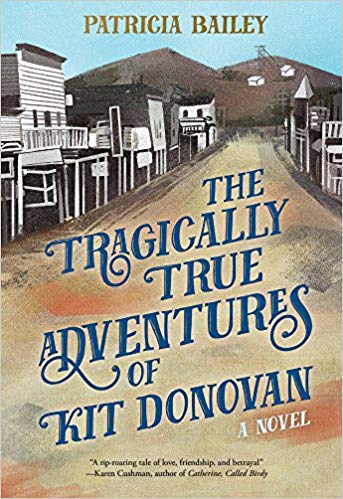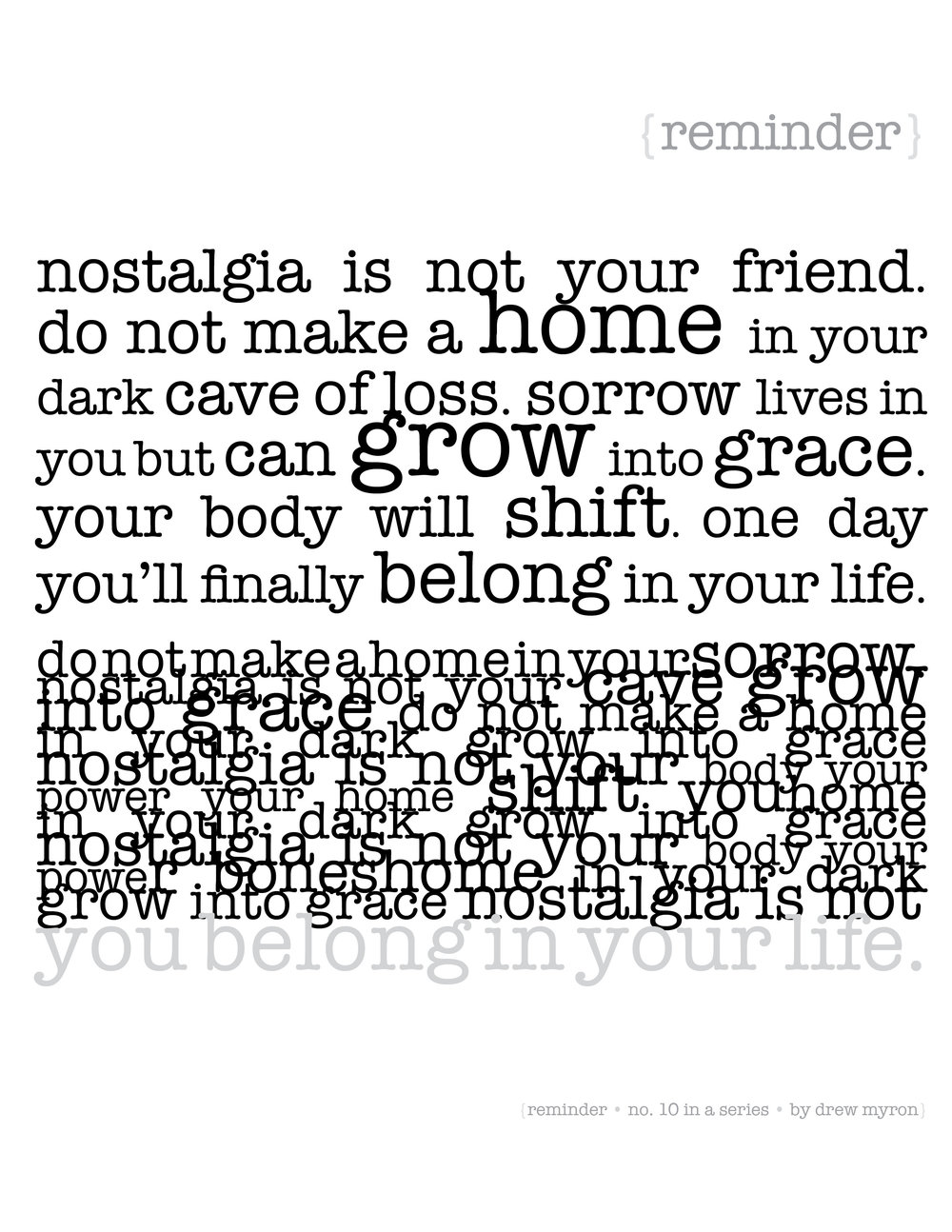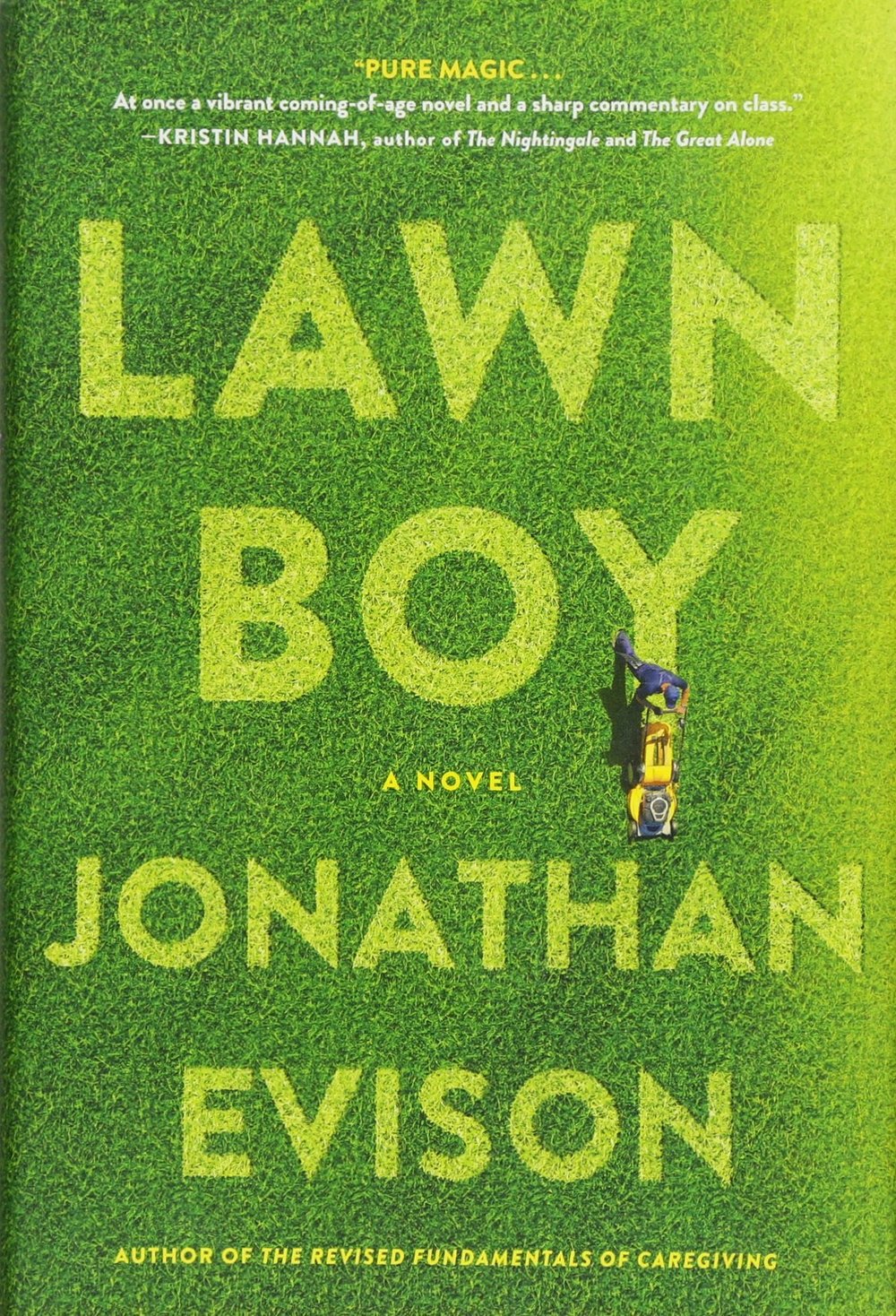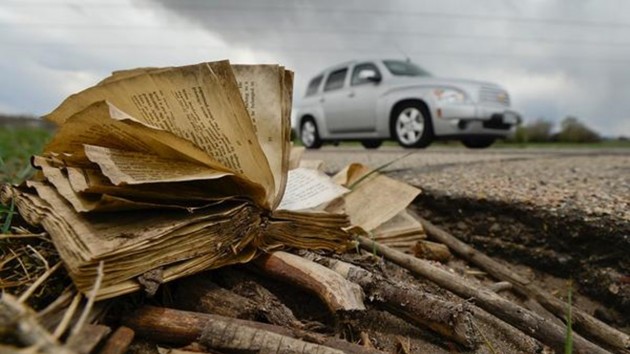 I've been troubled
I've been troubled
all my life
by the story
we don't tell.
— Bette Lynch Husted
author of All Coyote's Children
 Bette Lynch Husted writes with breadth and depth, carefully crafting poems, memoir and story. Her works include At This Distance (poems); Above the Clearwater: Living on Stolen Land (memoir); Lessons from the Borderlands (memoir essays); and All Coyote’s Children (novel).
Bette Lynch Husted writes with breadth and depth, carefully crafting poems, memoir and story. Her works include At This Distance (poems); Above the Clearwater: Living on Stolen Land (memoir); Lessons from the Borderlands (memoir essays); and All Coyote’s Children (novel).
Living in the small, eastern Oregon town of Pendleton, her work is woven with landscape, family and culture. Her latest work, and first novel, All Coyote's Children, has earned accolades from The Oregonian: "Thoughtful, superbly written and redolent with inviting characters and ideas. Husted's first novel deserves attention and prizes."
 It's time for Fast Five, in which we ask five questions that open the door to know more — and give away great books!
It's time for Fast Five, in which we ask five questions that open the door to know more — and give away great books!
To enter the drawing to win All Coyote's Children, simply write a comment in the Comment Section below, or send an email to: dcm@drewmyron.com. The drawing will be held on Sunday, June 17, 2018.
1.
How did you come to writing?
I was eight and my sister was ten when we broke into print on the children’s page of The Idaho Farmer with stories we had written one summer afternoon to entertain each other (both, as I remember, titled “Mystery in the Old Barn”). But though I kept writing, isolation in small rural communities and the demands of teaching made my next publication a long time coming. What made a difference was Fishtrap and later a series of wonderful workshops at The Flight of the Mind Writing Workshops for Women [founded by Judith Barrington and ran for 17 years], where I not only learned from people like Naomi Shihab Nye, Grace Paley, and Lucille Clifton, but also realized that people could hear my voice — and that getting my work out was “important for all of us,” as Alex Kuo wrote to me. I kept that piece of blue stationery above my desk for a long time, and I try to pass on this gift to other writers.
2.
You’ve written poetry, memoir and, most recently, fiction. Your work features a distinct and vivid sense of place. How has place formed you as a writer?
“The place,” my father called the benchland north-central Idaho homestead where he was born and where his children, too, would grow up. We were all bonded to it — by daily chores, of course, but also by the light “rolling down the mountain” each morning, the red-winged blackbirds’ return in late February just as the barnyard was beginning to thaw. The river sound of wind in the pines on the hill. “Place” showed me what it meant to be conscious, alive. It still does. Maybe it helps that I have spent my life in the rural inland Northwest where we are reminded of our relationship to the earth in ways we might not be if we were surrounded by concrete. But I can’t imagine not feeling this way.
3.
Your novel, “All Coyote’s Children,” is a powerful story of cultural and generational connections. In it, you write, “It’s not telling stories that gets us in trouble. It’s not telling them.” What prompted you to tell this story?
I’ve been troubled all my life by the story we don’t tell because, as one of the characters in All Coyote’s Children puts it, “it cancels all our mythologies. No wonder we can’t face it.” How do we face the fact that the indigenous peoples and cultures of North America were dehumanized, seen as savage, inferior, obstacles to be eliminated as we “tamed a continent” (a phrase used by our president in his recent Naval Academy graduation address) and then all but erased from our national consciousness? All of us who are non-Natives, even those brought by force to this continent, continue to live on stolen land. What do we do with this knowledge? And what do Native people do with their erasure from so much of “American history,” not to mention the ongoing pain of that story?
Ten years ago, the spiritual leader who married my son and his Umatilla/Cayuse and White Mountain Apache wife said, “We’re joining not just two people, but two families.” His words felt extraordinarily generous. I knew this wasn’t the complete answer to my question, yet that day healing seemed possible.
But only if we tell our own true stories and listen carefully enough to hear each other’s. In many ways, this is what draws me to writing: trying to stay open, receptive to the stories that connect us.
4.
A character in your novel says, “Life is hard, and will get harder.” In the face of difficulty, what keeps you going?
I’ve read that the Cheyenne People have a saying: A nation is not conquered until the hearts of its women are on the ground. Then it is finished, not matter how brave its warriors, or how strong their weapons.
The Cheyenne may be acknowledging this truth: it takes a lot to put the hearts of women on the ground. “Survival is hard sometimes,” Leona says in All Coyote’s Children — but though she has stumbled, she’s still upright, and helping the lives of others to go on. My own mother was such a woman — able to lift her eyes to the sunset or blue-black thunderheads or Orion climbing the sky no matter the challenges she faced. (“I’d catch another bubble if I waited,” she copied on the scrap of paper that’s now pinned to my own bulletin board. “The thing was to get now and then elated.”)
Sometimes, though, the difficulties can be overwhelming. What keeps me going is writing, feeling my way forward one word at a time.
And I’m fortunate to belong to a wonderful poetry workshop group. We drive from various corners of Oregon to meet once a month, each of us knowing that this sharing of words (and food and wine and friendship) is a lifeline.
5.
What’s the best writing advice you’ve received?
The late Ursula K. Le Guin was a member of that workshop group. We carry her with us always, hearing her voice in the stories she left the world and treasuring our own memories, her careful critiques, the image of her sitting in the wicker chair on Jeannette’s side porch stitching or sketching — but we miss her, we miss her.
Last month I watched the trailer of Arwen Curry’s forthcoming documentary Worlds of Ursula K. Le Guin and heard Ursula say, “To learn to make something well can take your whole life. And it’s worth it.”
One last gift. And the best writing advice any of us could ever receive.
Bonus Question: I’m a word collector and keep a running list of favorite words. What are your favorite words?
The words that immediately come to mind are Clearwater and Kooskia (pronounced KOOS-key), words I grew up with, words that mean home. I always thought I was lucky to live near such a beautiful river, and one so beautifully and accurately named. But the place names I usually love most are the ones from Native languages, Kooskia and Umatilla, Wallowa, Walla Walla. So why would “clear water” and “Kooskia” bothspring to mind as my favorite words, I wondered? Wikipedia tells me that “the river got its name from the Niimiipuutímt naming as Koos-Koos-Kai-Kai – ‘clear water.’” That may well be a condensed version of a much deeper language connection—still, it makes me very happy.
 Win this book!
Win this book!
Enter the drawing for All Coyote's Children. Write a comment in the Comment Section below. Feeling shy? Zip an email to dcm@drewmyron.com.
The drawing will be held on Sunday, June 17, 2018.


